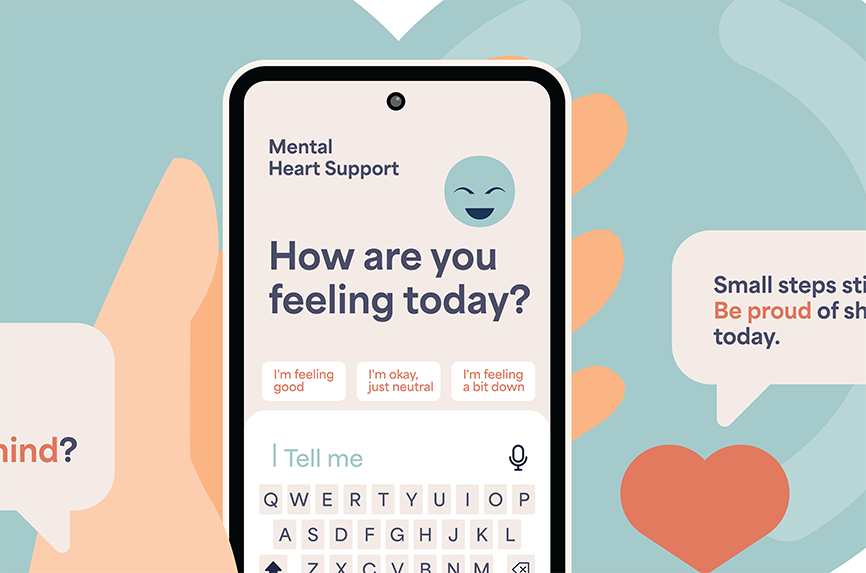Hastings Center Report
The Ethics of Humanlikeness in AI Therapy Chatbots
Abstract: What is a good use of digital mental health technologies, including AI therapy chatbots (AITCs)? In my commentary on Amitabha Palmer and David Schwan’s article “Digital Mental Health Tools and AI Therapy Chatbots: A Balanced Approach to Regulation,” I analyze the challenges of describing an AITC, with its simulation of human characteristics and abilities. The core challenge posed by this type of technology is the following ethical gap: AITCs simulate therapeutic conversations or even relationships but cannot fulfill ethical requirements connected with these. This poses risks for individuals seeking mental health support. My central recommendations include establishing standards for AITCs’ interaction and the degree of AITCs’ humanlikeness; refraining from promoting these chatbots as capable of forming therapeutic relationships until there is more evidence about the long-term effects of the technology and until the ethical gap is meaningfully addressed; and focusing on AITCs, not as humanlike agents, but as systems that can create conditions in which human values and values of mental health care are embedded and embodied.

